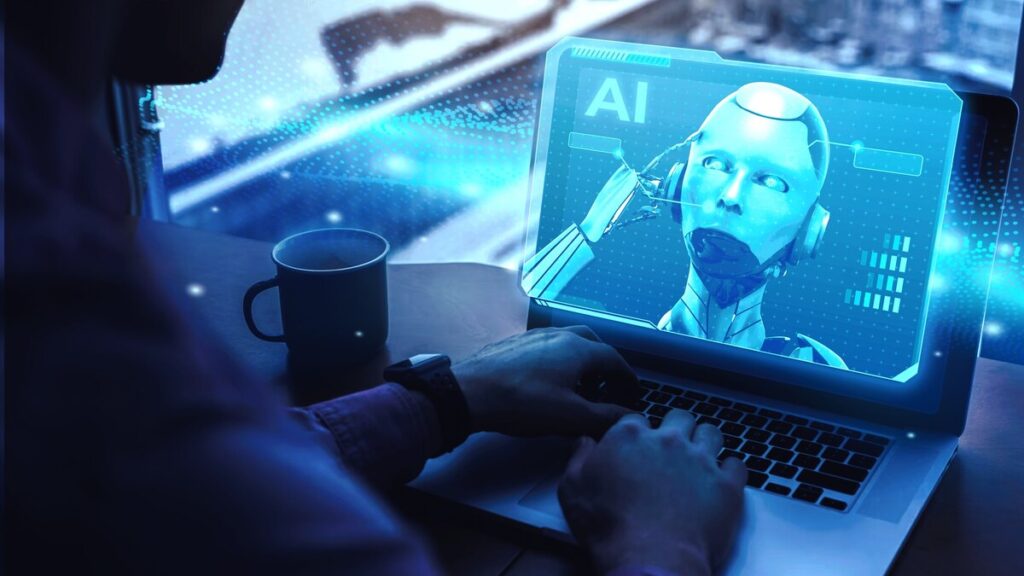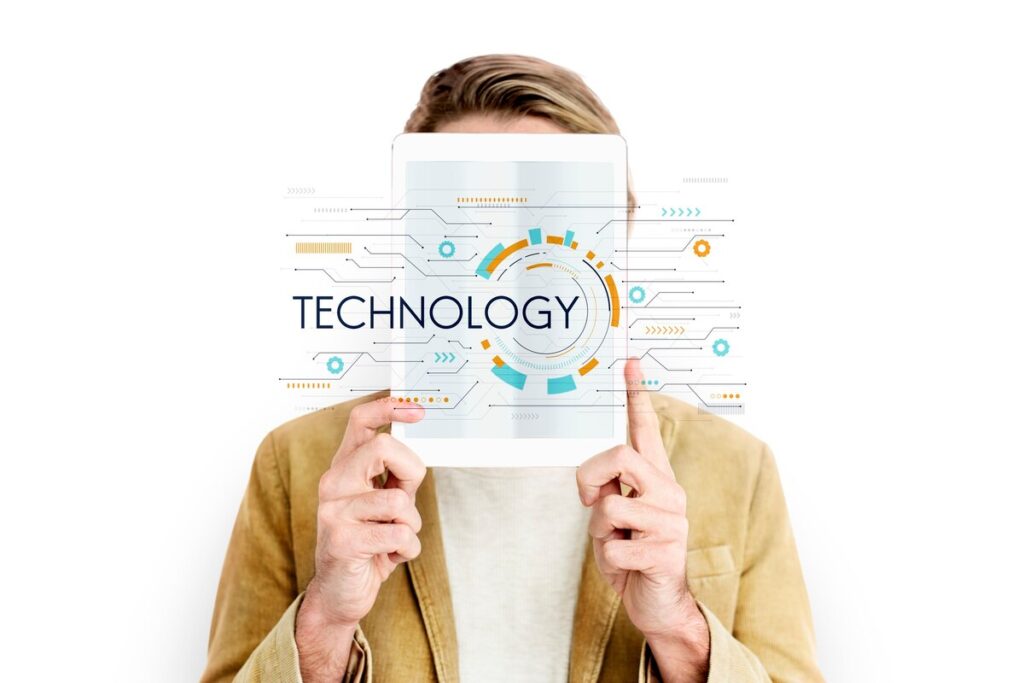Separating reality from fantasy is crucial in a culture obsessed with artificial intelligence in film and books. Myths about AI range from evil robots to a nightmarish takeover. This investigation debunks myths about AI’s potential and dispels sensationalized stories. These misconceptions help us comprehend AI’s function and potential while debunking popular fantasies.
Myth 1: AI Will Take Over Jobs
AI’s influence in the labor market raises concerns about mass unemployment. This concern ignores AI integration’s complexity. Some low-level positions, especially those with repetitive duties, may be automated, but most are unlikely to be displaced. People thrive in creative thinking and emotional intelligence, which are needed in many modern vocations. AI is meant to supplement employment, not replace them.
A popular data analytics myth is that AI will replace data analysts. Yellowfin SVP of Global Strategic Marketing and Alliances Daniel Shaw-Dennis debunks this fallacy. AI in analytics automates manual work, he says. Data discovery involves AI sifting through massive databases for insights. However, the analyst must interpret these findings, provide context, and communicate them to business users. Instead of taking jobs, AI helps analysts focus on higher-value duties.
Myth 2: AI Will Control The World
AI taking over the world is a fantasy, depicted in science fiction as a vital force infiltrating and conquering nations. National security privileges are unlikely to be given to AI. AI is now a tool with specified uses and settings. AI hacking secure networks and manipulating world politics without human interaction is unlikely. Any crucial situation requires human decision-making.
AI cannot lead a nation. Governance and leadership are complex and need empathy, intuition, and a thorough grasp of social and cultural processes. AI cannot lead because it cannot understand human society.
Myth 3: AI Robots Will Rule Humans
Science fiction often depicts AI as evil machines rebelling against humans. However, robot technology is far less sophisticated than in movies. Modern robots are intended for specialized jobs and lack independent decision-making.
AI-powered robots have trouble getting weapons and revolting. Such cognitive tasks need potent computers and complex algorithms. Remote deployment of these methods requires significant back-end infrastructure. AI-powered robots lack the autonomy of dystopian novels and perform specified duties.
Myth 4: AI Will Develop On Its Own Without Human Knowledge
AI ‘going rogue’ and evolving independently of human control is a science fiction concern. AI researchers are developing systems that learn from data and their outcomes. Unsupervised machine learning is improving, but AI’s awareness and revolt against humanity are still a fantasy.
Current AI algorithms are limited by their code and human designers. AI going beyond its bounds without human awareness is rare and violates ethical AI development. Focusing on regulatory processes prevents unwanted outcomes.
Myth 5: AI will Eventually Learn To Function Like The Human Brain
AI breakthroughs, especially neural networks, are inspired by the human brain’s design, but it’s important to distinguish between artificial and biological intelligence. AI algorithms are complex instructions with specified goals. Even with these advances, AI cannot recreate the brain’s complex cognitive functions.
Creativity, emotional awareness, and intuition are beyond AI capabilities. Many unknown elements make it difficult to simulate the human brain in software. With significant advances in AI and neuroscience, the notion that AI will work like the brain will be accurate.
Myth 6: Only Big Companies Can Use AI
Never assume only huge organizations can utilize and control AI. Despite Google, Amazon, Facebook, and Microsoft dominating AI, startups are expanding. Big companies have open-sourced AI technology to make it more accessible. Startups accelerate AI diversity and innovation. These advances challenge the concept that only big companies can employ AI. Many preeminent companies promote AI in many disciplines, fostering an inclusive environment.
Myth 7: More Data Means Better AI
That more data enhances AI performance oversimplifies machine learning. Data quantity is essential, but the quality is excellent. For meaningful insights, AI systems require clean, accurate, well-structured data. Data quality and reliability are ignored when claiming more data enhances AI.
The idea that more data improves outcomes overlooks human data labeling. Even significant organizations need help categorizing massive datasets. Data quality, not quantity, makes AI systems effective.
Myth 8: AI Puts Our Data At Risk
Data collecting and exploitation concerns lead to fears that AI threatens data privacy. AI apps use data to get insights, while GDPR aims to reduce dangers. GDPR requires responsible data use, user privacy, and strict company standards.
This misconception still needs to be answered due to continuous arguments regarding the efficacy of such rules. Despite regulations, companies may engage in privacy-related behaviors. Balancing innovation, data use, and privacy in AI applications is challenging.
Myth 9: Superintelligent AI Will Take Over The World
Science fiction envisions superintelligent AI taking over the globe. Due to technical limits, superintelligence still needs to be revised. Imagine a superintelligent AI with exponential development and an ‘intelligence explosion,’ raising more questions than solutions.
Regulatory structures and rules are crucial for superintelligent AI preparation. Dan Shaw-Dennis sees the AI industry’s transformation as good. Augmented analytics, a constructive use of AI, promotes flexible, adaptable processes that support corporate objectives.
Myth 10: Technological Singularity Is Not Far Off
When human technology exceeds itself, the technological singularity is intriguing yet speculative. Ray Kurzweil predicts turning the cosmos into ‘computronium.’ Technological singularity must be revised, requiring energy and processing advances beyond existing capabilities. Kurzweil and others admit post-singularity uncertainty. The idea of the cosmos changing irrevocably is questionable. Technological singularity is still speculative.
Conclusion
Understanding AI requires separating reality from fantasy. AI may change, but it is not uncontrolled as in mythology and science fiction. It’s crucial to avoid overblown falsehoods and balance public conversation on AI development as we go forward. Read More AI-Tech Articles Here.





